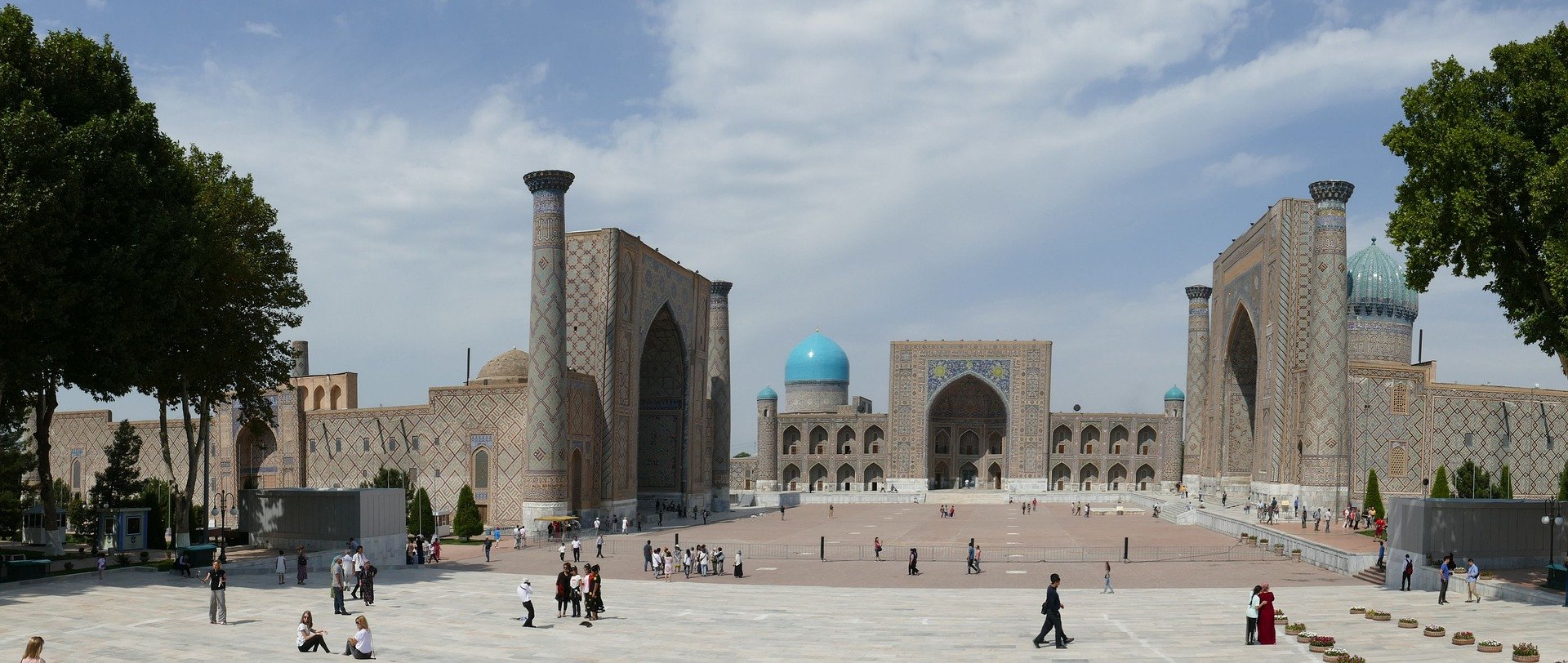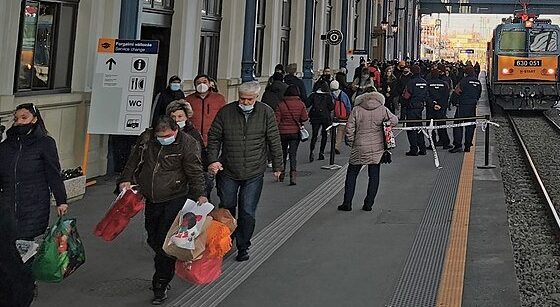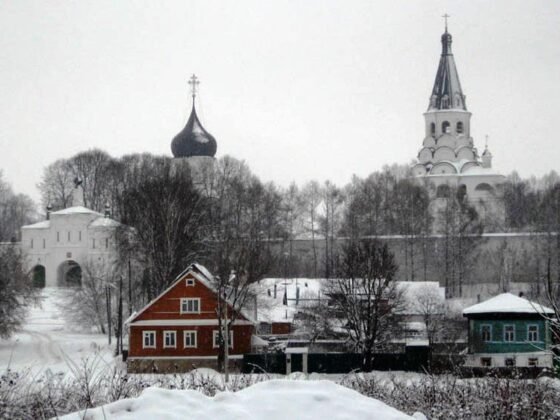In the three decades since the fall of the Soviet Union, Muslim civil society has developed significantly in Central Asia. Yet, in contemporary discussions on the future of the region, its role is often ignored or left aside for want of information or even avoided due to prejudices or political concerns. Muslim civil society has been frowned upon for not defending the values of the classic NGO world and not endorsing gender equality or Western-style parliamentary democracy. Furthermore, Muslim civil society is suspected of contributing to the development of political Islam, potentially conveyed by Muslim civil society organizations’ (MCSOs) charitable or development engagement, and possible ties to radical or terrorist elements.
Moreover, Central Asian governments have been reluctant or even unwilling to recognize civil society in general, let alone allow the emergence of an Islam-based legitimacy that could compete with their authority. Instead, governments have generally thwarted the development of Muslim civil society even though it is already operating actively, albeit often underground. Based on information gathered from 5 to 8 interviews conducted with MCSOs in each Central Asian country except Turkmenistan, this memo aims to demonstrate the diversity of Muslim civil society in the region and argues the importance of taking into account the impact of the emergence of an indigenous, Islamic-oriented path towards democratic development, in which both state organs and civil society could cooperate in improving the lives of Muslim citizens.
The Diversity of Muslim Civil Society in Central Asia
We approach civil society as encompassing voluntary, independent, and self-regulatory organizations such as NGOs, religious groups, foundations, social movements, and trade unions, which have a wide array of objectives, including economic, cultural, informational, educational, interest-based, and developmental. Muslim civil society has been defined by scholar Don Eberly as “the sum of the political, economic, social and cultural institutions that act each within its own field independently of the state to achieve a variety of purposes.” He calls it “fundamentally different from the civil society rooted in Greek philosophical thinking and Roman political tradition” in that it would be “centered around the axis of Islamic thinking and culture,” and embody “the soul and collective memory of Muslims.”
Like secular civil society, Muslim civil society is of variable geometry and involves multiple actors. In Central Asia, these include the muftiates, the mosques, the mahallas, the jamaats, Islamic charity foundations, madrasas, and NGOs. MCSOs have diverse working methods, objectives, structures, funders, and relationships to the state as well as to the international community, demonstrating the complexity of Muslim civil society in the region. They have varying levels of ties to the state, with the muftiates and mahallas closest to government authority.
Despite their diversity, MCSOs have in common their commitment to improving their communities through philanthropic activities and/or through contributing to the development of the well-being of populations at the local, national, or international level. Most operate on an issue-based advocacy system with the goal of improving specific situations – such as delivering charitable services for the poor, accessing healthcare for the elderly or for children, mediating community or family conflicts, improving women’s rights, or fighting for more efficient government (e.g., improving the implementation of legal decisions, developing transportation networks between suburbs and city centers, improving water management, respecting property rights, and so on). Some MCSOs that we interviewed did raise concerns about the potential for individuals to be radicalized or recruited by terrorist groups, and asserted that MCSOs could assist governments in preventing radicalization, particularly by promoting moderate messages, strengthening education, and addressing societal issues that could make people more vulnerable to recruitment by radical groups.
The role of Muslim civil society in Central Asia has much in common with the rest of civil society in terms of a desire to help society and to act as a channel for relaying societal views and concerns to the government, based on the belief that civil society has a deeper grassroots knowledge of local contexts and of where there may be gaps in what the government is providing. Many MCSOs expressed a range of criticism about the current situation in their country, both on a moral and a material level. They denounced what they viewed as moral wrongs in Central Asian societies, such as corruption or misappropriation of government funds, which they deemed incompatible with the values of Islam. Besides, many MCSOs identify economic and social issues that they believe need to be addressed as a determining factor for their work, and therefore their activities reflect the societal issues of most concern to the local populations, religious and secular alike. Such issues include education, health (including in the context of the COVID-19 pandemic), and the issue of unemployment, particularly in rural areas, where there is a need for job creation and better training to make employment more sustainable.
Most Central Asian MCSOs interviewed described their activities as an expression of their religion and integral to its practice; they stressed the importance of working within their local culture and traditions. Islam is viewed as fundamental to local development and to the promotion of an active civil society, as an integral part of livelihood, as an essential component of efforts to tackle social issues, and as a regulator of familial and social relations. As the foundation of their organization and engagement, many considered that Islam provides a stronger basis for responding to local issues and building a strong and vibrant civil society than do secular civil society organizations.
Local and Foreign Perceptions of Muslim Civil Society Organizations
The diverse political or ideological positioning of Muslim civil society globally can be confusing viewed through a Western-centered prism. Some Muslim organizations are directly linked to governments and seem to act as the ‘charitable hand’ of countries such as Iran, Saudi Arabia, and Kuwait. Other MCSOs have close links with particular political organizations or underground movements, for example, with the Muslim Brotherhood or the Hizb ut-Tahrir. A few may even be connected to foreign governments or even to foreign terrorist groups. However, many, like Tablighi Jamaat, are apolitical but operate thanks to mechanisms of solidarity and mutual benefit, while others, like the Turkish group Khizmet, are directly dependent on merchant associations in which Muslim businessmen invest part of their revenues for redistribution among their communities.
Muslim civil society can, in certain conditions, have a serious political impact, as was seen during the Arab Spring in Tunisia, Egypt, and Bahrain where, along with other actors, it contributed to toppling the established powers or at least to contest them. At the same time, the role of some in establishing popular Islamic regimes, which, for a range of reasons, have become more authoritarian in several states since the Arab Spring, has also made it an actor towards which the international community manifests distrust.
Central Asian governments tend to view MCSOs as potential rivals, who build public support grounded in sources that elude the state. Governments consider that such organizations provide social services mainly to garner political support and popularity and fear seeing their own role weakened. Moreover, they fear that these movements will challenge their efforts to develop a government-sanctioned form of Islam and instead promote other, possibly foreign, forms of Islam. Consequently, political authorities in the region have generally monitored Muslim civil society and often hampered its development out of concern over the potential for MCSOs to question government policies and legitimacy, about their links to foreign structures and countries, and about their ability to provoke social unrest or even so-called color revolutions.
Apprehension on the part of Central Asian authorities towards religion and its potential to drive activism has resulted in an approach mainly based on security and maintained the Soviet paradigm of an ambiguous separation between religion and state, where the religion has no right to intervene in state affairs, but where the state in practice exercises a right of close control over religion in the name of guaranteeing respect for secularism. By instrumentalizing the threat of religious fundamentalism, government authorities have justified their policies of control, even repression, against religious structures and believers, and have produced a legal environment that is often hostile to MCSOs and exemplified by the fear that many Muslim NGOs in the region have of working openly.
Yet, while civil society is closely monitored throughout the region, the level of authoritarianism in each of the Central Asian political regimes has varied significantly. Kyrgyzstani organizations, and to a lesser extent Kazakhstani organizations, have had greater leeway to conduct activities, while there is tighter control of and greater restrictions on the sources of funding in Uzbekistan and Tajikistan, making the activities of MCSOs there even more difficult. There are also noticeable differences also within each country. Despite their varying degrees of authoritarianism, all Central Asian states have CSOs or MCSOs that escape their control. Some of these work in more remote areas, where central authorities can assert less control over them and where they may be tolerated or even supported by local potentates, whom they make a source of their legitimacy at the local level.
Conclusion: From Overgeneralization to Engagement
Most Central Asian governments have used their perception of a so-called threat of religious fundamentalism and violent extremism to justify policies of control, censorship, and even repression against religious structures and believers, and have thereby produced a legal environment that is often hostile to all MCSOs, whether moderate or not. Although there certainly are groups that espouse radical—and even possibly violent—agendas, many are more moderate and do not necessarily directly challenge the secular political system. The government approach based mainly on security, however, may actually do little to prevent radicalization and could instead have unintended consequences.
This oversimplified approach by authorities undermines the role of civil society as an intermediary between the state and the citizens. The diversity of the Muslim civil society in Central Asia goes against a tendency, both by Central Asian governments and those in the West, to view MCSOs stereotypically as a homogenous group of organizations focused mainly on fundamentalist religion. Instead, MCSOs have varied objectives, working methods, views towards and relations with the government, views about the international community, and views on national and foreign policy.
MCSOs are likely to be increasingly important actors in Central Asia, where their numbers and the demand for their activities are growing. For Western policymakers and governments in the region, understanding how and why MCSOs work, how they interact with local communities, and how they view their role in connection with governments and other entities can help inform possible cooperation with them. While there are potential obstacles to working with MCSOs in Central Asia, including concerns about vetting for possible connections to radical groups, local government trepidation, and regulations, as well as working methods that may not readily match donor requirements, MCSOs have the potential to bring their local connections and knowledge to bear in making policies and programs, particularly those concerning development and social assistance, more effective.
Sebastien Peyrouse is Research Professor of International Affairs at the George Washington University.
Emil Nasritdinov is Associate Professor of Anthropology at the American University of Central Asia.
This policy memo is a shortened version of the report by Sebastien Peyrouse and Emil Nasritdinov, “Engaging with Muslim Civil Society in Central Asia: Components, Approaches, and Opportunities,” United States Institute of Peace (USIP), December 2021.
Image credit











